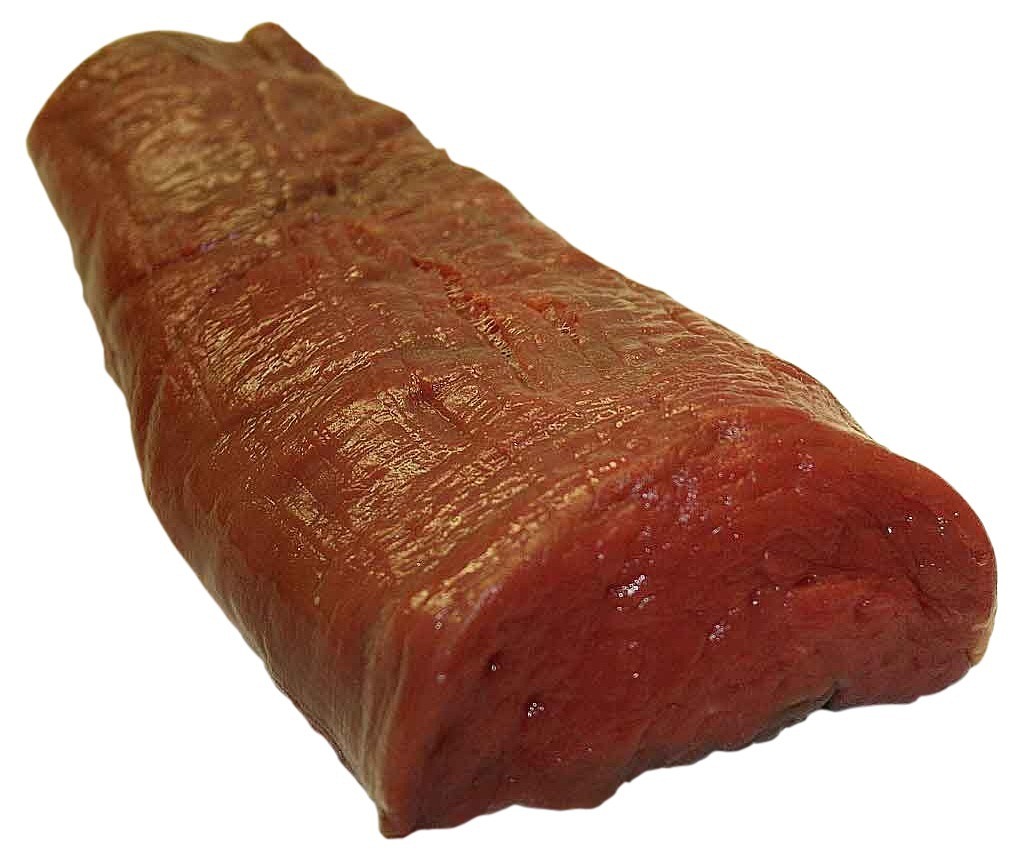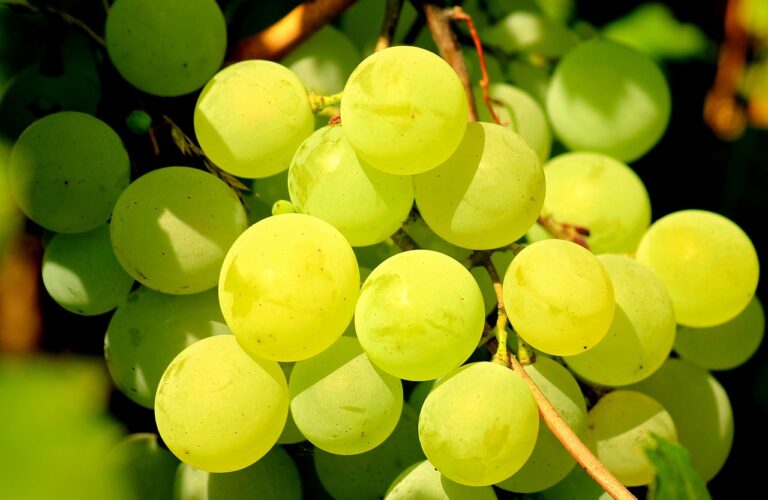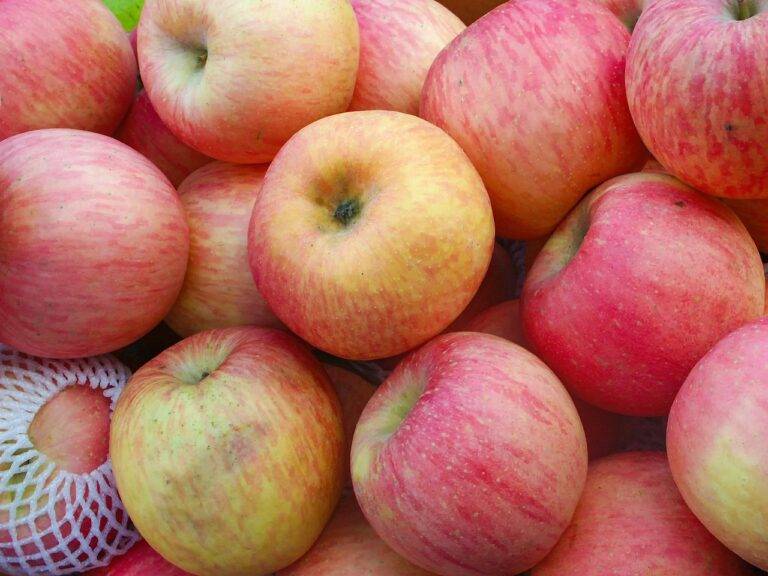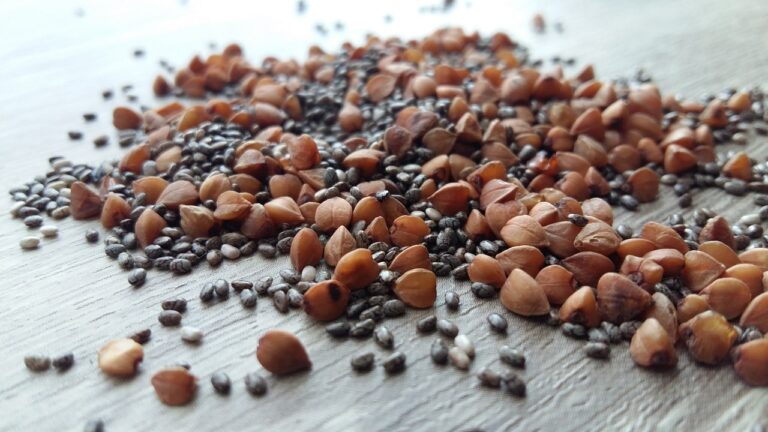Spotlight on sustainable farming practices for fruit pulp and puree ingredients: Diamondexch sign up, Sky 99 exch, Reddy anna book club
diamondexch sign up, sky 99 exch, reddy anna book club: Spotlight on Sustainable Farming Practices for Fruit Pulp and Puree Ingredients
Are you looking to source fruit pulp and puree ingredients for your food products? Do you want to ensure that the ingredients you use are produced sustainably, without harming the environment or the communities where they are grown? In this article, we will explore the importance of sustainable farming practices for fruit pulp and puree ingredients, and how you can make environmentally conscious choices when sourcing these ingredients for your products.
Why Sustainable Farming Matters
Sustainable farming practices are essential for preserving the health of our planet and ensuring the long-term viability of our food supply. When it comes to fruit pulp and puree ingredients, sustainable farming practices can help protect natural resources, support biodiversity, and promote the well-being of farming communities.
By choosing fruit pulp and puree ingredients that are produced sustainably, you can reduce your environmental footprint and support farmers who are committed to ethical and responsible farming practices. Sustainable farming also ensures that the fruits used to make these ingredients are grown in a way that protects soil health, conserves water, and minimizes the use of harmful chemicals.
Key Sustainable Farming Practices for Fruit Pulp and Puree Ingredients
1. Organic Farming: Look for fruit pulp and puree ingredients that are certified organic. Organic farming practices eschew synthetic fertilizers and pesticides, relying instead on natural methods to nourish and protect crops. Organic farming helps protect soil health, promote biodiversity, and reduce the risk of chemical contamination in food products.
2. Fair Trade Certification: Consider sourcing fruit pulp and puree ingredients that are certified fair trade. Fair trade certification ensures that farmers receive fair prices for their products, have access to market opportunities, and are treated ethically and respectfully. By choosing fair trade ingredients, you can support the economic empowerment of farming communities and promote social justice in the food supply chain.
3. Regenerative Agriculture: Look for fruit pulp and puree ingredients that are produced using regenerative agriculture practices. Regenerative agriculture focuses on restoring soil health, increasing biodiversity, and sequestering carbon in the soil. By supporting regenerative agriculture, you can help combat climate change and promote sustainable land management practices.
4. Water Conservation: Choose fruit pulp and puree ingredients that are grown using water-efficient farming practices. Water conservation is essential for preserving this vital resource and ensuring the sustainability of agriculture in water-stressed regions. Look for ingredients produced with drip irrigation, rainwater harvesting, and other water-saving techniques.
5. Biodiversity Protection: Support fruit pulp and puree ingredients that are grown in a way that protects biodiversity. Biodiversity is essential for healthy ecosystems and resilient food systems. Look for ingredients produced on farms that prioritize habitat conservation, crop diversity, and the preservation of native plant and animal species.
6. Local Sourcing: Whenever possible, source fruit pulp and puree ingredients from local farmers and producers. Local sourcing reduces the environmental impact of transportation, supports local economies, and promotes food sovereignty. By sourcing locally, you can also build relationships with farmers and ensure the traceability and quality of your ingredients.
FAQs
Q: How can I verify the sustainability of fruit pulp and puree ingredients?
A: Look for certifications such as organic, fair trade, and regenerative agriculture. You can also research the farming practices of specific producers and ask them about their commitment to sustainability.
Q: Are sustainable fruit pulp and puree ingredients more expensive?
A: While sustainable ingredients may come at a premium, the long-term benefits of supporting sustainable farming practices far outweigh the upfront costs. Plus, consumer demand for sustainable products is growing, making it a wise investment for the future.
Q: How can I educate consumers about the importance of sustainable farming practices?
A: Consider highlighting the sustainability of your ingredients on product packaging, your website, and social media channels. You can also engage with consumers through educational content, events, and partnerships with sustainability-focused organizations.
In conclusion, choosing sustainable farming practices for fruit pulp and puree ingredients is not only beneficial for the environment and farming communities but also for your brand’s reputation and long-term success. By making environmentally conscious choices when sourcing ingredients, you can create products that are not only delicious but also ethically produced and environmentally friendly. So, next time you’re shopping for fruit pulp and puree ingredients, remember to look for those that are grown sustainably and support a brighter, greener future for all.







